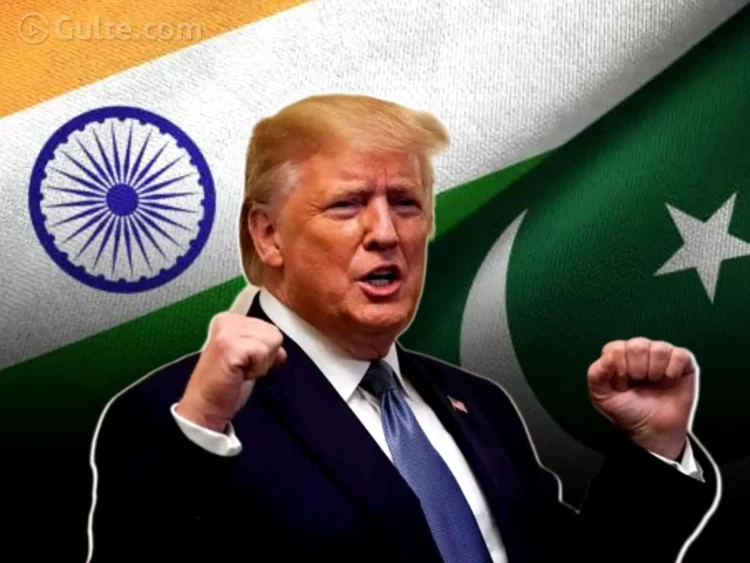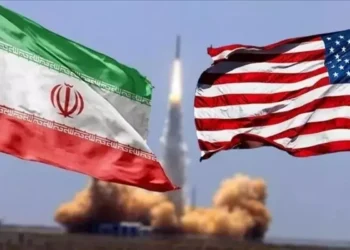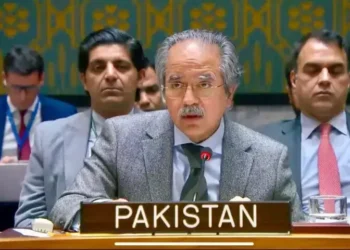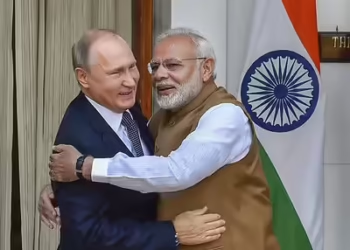ISLAMABAD (Web-Desk); In a major diplomatic breakthrough, U.S. President Donald Trump announced that Washington has finalized a landmark trade agreement with Pakistan, marking a significant step forward in bilateral economic ties between the two nations.
The deal includes potential joint ventures in oil exploration and underscores a growing strategic alignment between the U.S. and Pakistan, particularly as India remains stuck in negotiations.
“We have just concluded a deal with the country of Pakistan, whereby Pakistan and the United States will work together on developing their massive oil reserves,” Trump stated in a post on his social media platform. “We are in the process of choosing the oil company that will lead this partnership. Who knows—maybe they’ll be selling oil to India someday!”
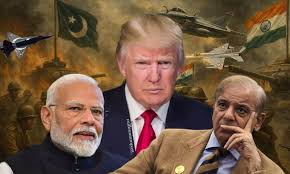
This development comes at a time when New Delhi is grappling with rising pressure from the Biden-Trump transitional administration over its continued energy ties with Russia.
India has yet to finalize a trade agreement with the United States and is now facing the possibility of a 25% tariff on certain exports.
According to some reports, Washington has voiced strong concerns over India’s oil imports from Moscow, especially amid ongoing U.S. sanctions on Russian energy.
In contrast, Islamabad appears to have seized a rare opportunity to solidify its position as a credible trade partner. Last week, Pakistan’s Deputy Prime Minister and Foreign Minister Ishaq Dar revealed that the two countries were on the verge of sealing a deal, following high-level talks in Washington with U.S. Secretary of State Marco Rubio.
“We are very close to finalizing it,” Dar said. “Our teams have been in detailed discussions, both virtually and in-person, and a committee has been designated by the Prime Minister to fine-tune the final framework.”
The U.S. State Department and Pakistan’s Ministry of Foreign Affairs also confirmed in official statements that the focus of the bilateral engagement includes cooperation in critical minerals, energy security, and strategic trade.
In particular, both sides emphasized the importance of sustainable access to Pakistan’s untapped mineral wealth—an area where U.S. investors are now showing increasing interest.
The trade pact aligns with President Trump’s broader strategy of reworking U.S. trade relations across the globe. Throughout his presidency, Trump has aggressively pursued revised trade agreements, often using tariffs as leverage against countries he accuses of maintaining unfair trade balances. While many economists have criticized his approach for being overly confrontational, supporters argue that it has yielded results, particularly in negotiating better terms with smaller and mid-tier economies.
The Trump administration’s decision to deepen economic ties with Pakistan, a country traditionally closer to China in recent decades, is also seen as a strategic counterweight to Beijing’s growing influence in South Asia.
With China heavily invested in the China-Pakistan Economic Corridor (CPEC), this new U.S.-Pakistan alignment introduces a new dynamic to regional politics.
For now, the finalization of this agreement marks a rare high point in U.S.-Pakistan relations, offering Islamabad a valuable opportunity to diversify its economic partnerships and attract critical investment in its energy and mineral sectors—just as its regional rival struggles to stay in Washington’s good books.




















































